Based on the six topics of rationality, confidence, money, regulation, business and globalisation, these imaginary radio programmes provide a pretext for discovering 18 renowned economists who have greatly influenced the currents of economic thinking.
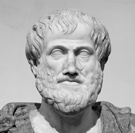

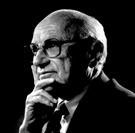
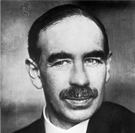
Choose your programme :
They are quoted in the programme, learn more about them :
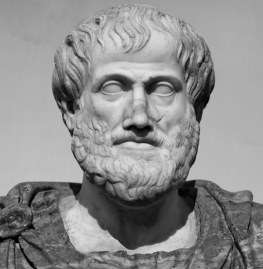 © Ludovisi Collection/Licence Creative Commons
© Ludovisi Collection/Licence Creative Commons Aristotle
The Greek philosopher Aristotle was born in Stagira (Macedonia) in 384 BC and died in Chalcis in Evia (Greece) in 322 BC.
A disciple of Plato for over twenty years, he founded his own school, the Lyceum, in Athens in 335 BC. He was also the tutor and friend of Alexander the Great. A veritable encyclopaedist, he elaborated a system of philosophy which would influence thinkers and scientists down through the centuries.
The writings of Aristotle prefigured modern economics. He established the distinction between use value and exchange value picked up by classical economists as well as by Marx and outlined the labour theory of value embraced by Smith, Ricardo and Marx. Considering that money should merely be a means of acquiring those things which are necessary for living, he condemned its accumulation for the sole purpose of personal enrichment.
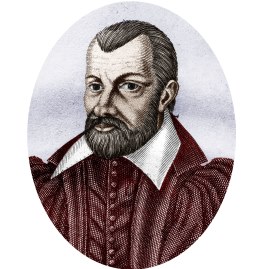 © RDA/Rue-des-Archives
© RDA/Rue-des-Archives Jean Bodin
A French scholar, economic and political theoretician, jurist and philosopher, Jean Bodin was born in 1529 in Angers and died in 1596 in Laon.
He studied and taught law in Toulouse before becoming lawyer to the Parliament in Paris in 1561. Appointed public prosecutor in 1570, he became an intimate of the Duke of Anjou, the brother of Henri III. In 1576, he published the work which would bring him fame, "Les six livres de la République" and became deputy of the third estate. On the death of his protector (the Duke of Anjou), he withdrew to Laon where he performed the duties of the king's public prosecutor.
Bodin was the first economist to highlight the relationship between rising prices and the "abundance of gold and silver" now known as the quantity theory of money, as championed by major 20th-century figures such as the monetarist Milton Friedman.
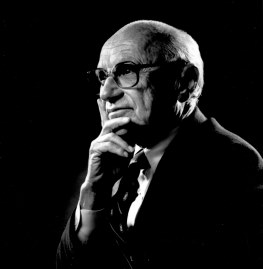 © The Friedman Foundation for Educational Choise/D.R.
© The Friedman Foundation for Educational Choise/D.R. Milton Friedman
Considered to be one of the most influential economists of the 20th century, the American Milton Friedman was born in New York and 1912 and died in San Francisco in 2006.
After studying economics and statistics at the University of Chicago then Columbia, he worked for the government as an economist before being appointed Professor of Economics at the University of Chicago. He was awarded the Nobel Prize for Economics in 1976 for his life's work and served as advisor to President Ronald Reagan through until 1988.
A free market economist, Friedman questioned the effectiveness of state interventions to combat unemployment. As a monetarist, he blamed inflation on excessive growth of the money supply.
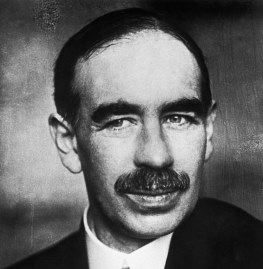 © Collection Bettmann/CORBIS
© Collection Bettmann/CORBIS John Maynard Keynes
The British economist John M. Keynes was born in Cambridge (United Kingdom) in 1883 and died in Firle, Sussex (United Kingdom) in 1946. He has had a considerable influence over western economic policies through to the present day.
A university professor trained in Cambridge, Keynes was a senior treasury official during the First World War. He became famous in 1936 with the publication of his book "The General Theory of Employment, Interest and Money" and was appointed financial adviser to the Crown. He headed the British delegation to the Bretton Woods Conference in 1944.
Reasoning in terms of macroeconomics, Keynes rejected the notion that a market economy is able to self regulate in order to achieve full employment and recommended intervention by the state in times of economic turmoil so as to shore up demand and stimulate investment.
